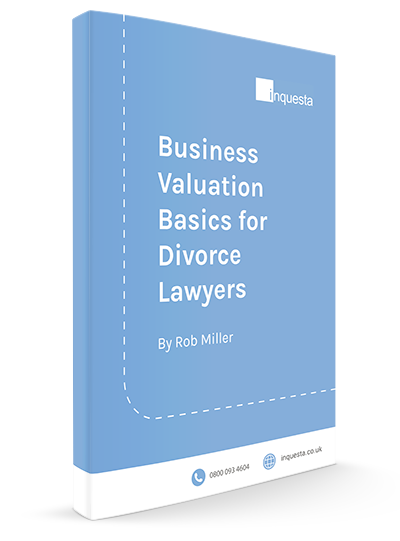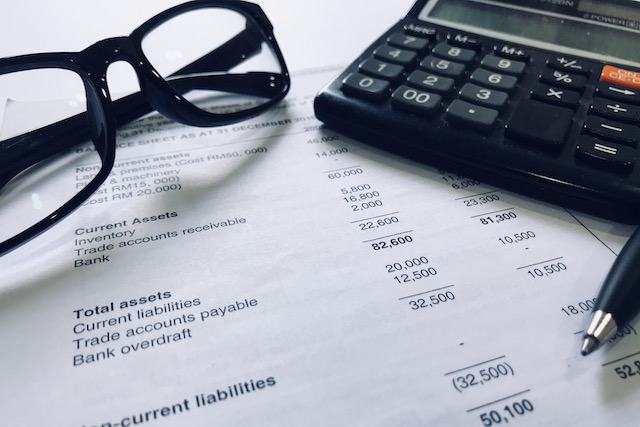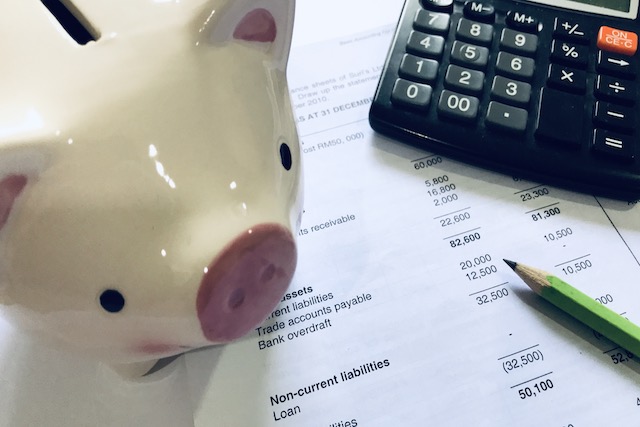
BUSINESS INTELLIGENCE & DUE DILIGENCE
A key step in ensuring the protection of your company. Due diligence checks are vital prior to beginning a working relationship with another business or individual. Without conducting proper due diligence, you run the risk of leaving yourself and your firm open to a variety of potential risks. Undertake thorough due diligence to ensure that you know exactly what you’re getting into.
What is Due Diligence?
Due diligence revolves around conducting checks into all aspects of a business or individual/vendor you are planning to work with. It is done to make sure that you are protected from possible reputational, regulatory, and strategic risk; to ensure everything is above board and to avoid the possibility for any potential reputational damage or even prosecution.
When conducting a due diligence check, there are a wide variety of potential things you may wish to check and assess depending on your industry and exactly what you are looking for. The most important aspects widely covered during due diligence include reviewing the financial information, performance, and forecasts of a party; investigating the current market position of a business to establish current market standing; a firm’s current operation to assess its potential for upscaling; and the skillset, background checks, and susceptibility for bribery/fraud risk for prospective working relationships and stakeholders.
This is however, not an exhaustive list. Other examples of things often covered during due diligence include market data, a party’s offering, the legal and tax history of a company or individual, and more.
It is important to remember that when it comes to an investment the role of due diligence is not just to assess pros and cons. It is instead more like a property survey — you know if the house is a good fit, but you want to check the foundations for rot, that the roof isn’t likely to fall in on you, that the floor won’t collapse, etc.
It is worth remembering also, when it comes to a business acquisition/merger/investment, the benefits of due diligence do not just lie with the purchases, they can also extend to the seller/investee as a well done check could bring to light stark culture differences, goals, etc. that would, in the future, lead to the proposed dealings going awry.
The Importance of Due Diligence
The importance of due diligence should not be understated. The practice is an asset as it ensures peace of mind and minimises risk as much as possible. It acts to ensure that you are not getting involved with and investing a significant amount of time/money into the wrong place or person.
When it comes to acquisitions/mergers, the importance of due diligence will be tied to which side of the deal you are on. For buyers you gain additional comfort and security in any proposal — lowering the risk of making an uninformed poor investment. For sellers there is a possibility that the market value of their company could go up thanks to the unearthing of new information during the process.
Due diligence can also help to make sure legislation is followed, you’re not leaving yourself vulnerable to fraud, etc.
Potential Due Diligence Benefits
Potential due diligence benefits include:
- The limiting of exposure to fraud
- Better identification and assessment of risks, liabilities, and business issues.
- Potential to minimise losses
- Limit negative press and decreased reputation within your industry
- Litigation as a result of one party failing to keep up with legislation.
- Vet business acquisitions or hires before committing to the deal
Ultimately, forming business and working relationships can be compared to marriage. There’s a reason so few short notice marriages work. This is because neither party has had the time to do due diligence on each other. They haven’t had the time to notice the possible red flags — it is exactly the same in business.
Download Your Free Guide to Business Valuation for Divorce Lawyers
Ensure that all of the prized assets in your divorce case, including a business, are valued properly and appropriately.
The process of valuing a company is likely to be one of the most complicated aspects of any divorce proceeding. Our FREE downloadable booklet is designed to support you. Download today and find out more

The Due Diligence Process
From establishing goals and document preparation, to analysis and booking a meeting to discuss findings, and the final due diligence reporting; there are multiple steps in the due diligence process. However, due diligence checks will greatly differ from business to business and person to person— the following steps are merely the most commonly seen.
How Inquesta’s Due Diligence Services can Help
Conducting proper due diligence is an important step in the process of acquiring or investing into another party or beginning a close working relationship with another individual. This is why you want to be able to be 100% certain that everything goes through as smoothly, as efficiently, and as accurately as possible.
Due diligence can help you obtain comprehensive information that enables you to make more informed decisions when hiring employees, contracting vendors, going into business with a person, or acquiring a business. It also allows you to properly vet stakeholders and partners, and comply with KYC requirements. Our team combines investigative due diligence and efficiency to gather, analyse, and report any vital information found.
Our dedicated team has decades of experience in supporting companies through the often complicated due diligence process. Get in touch today to discuss what Inquesta’s due diligence service can do to help or to book a free, no obligation consultation.
Get In Touch
Our Specialist Team
Our team of experts have been operating in, and supporting firms to conduct their due diligence check for decades — providing an experienced base for them to fall back on and providing much needed assistance and guidance throughout the process.

Steven Wiseglass
Director of Insolvency
A co-founder of Inquesta, Steven is a licensed Insolvency Practitioner with over a decade of experience in the field. He is a member of the Insolvency Practitioners Association, Association of Business Recovery Professionals (R3), and his insolvency licence is issued by the Insolvency Practitioners Association. In addition, he sits on the R3 committees of the North West Regional Committee.
Steven specialises in advising directors of small to medium-sized businesses, and has a wealth of expertise in providing the most appropriate advice whatever the firm’s circumstances may be. He has also been instrumental in helping company directors save their business and rebuild them into successful enterprises.
Rob Miller
Director of Forensic Accounting
A co-founder of Inquesta, Rob Miller is a chartered accountant, a member of the Institute of Chartered Accountants in England and Wales (ICAEW), and a Practising Member of The Academy of Experts.
With decades of experience in providing specialist forensic accounting services, Rob has been instructed to assist with numerous cases — such as financial investigations, criminal defence and confiscation proceedings, commercial and contractual disputes, valuation matters, and much more besides. He has acted on behalf of claimants, defendants, and as a single joint expert.

FAQs
Latest Articles
What are the Different Types of Costs in Business?
If you’re asking yourself, ‘what are the different types of costs in business’, you’re doing the right thing. When it comes to running a company, it’s vital to have a full and all-encompassing understanding of [...]
4 Advantages of a Cash Flow Statement
In business, it always helps to keep up to date on the ins and outs of your company. Whether this is staying aware of all inventory that is shipped out, being aware of any notable [...]
How to Identify Cash Flow Problems
You can have an excellent USP, a great product, a dedicated customer-base, and a busy business, but if you aren’t able to maintain a good cash flow, you are straddling a fine line between [...]




